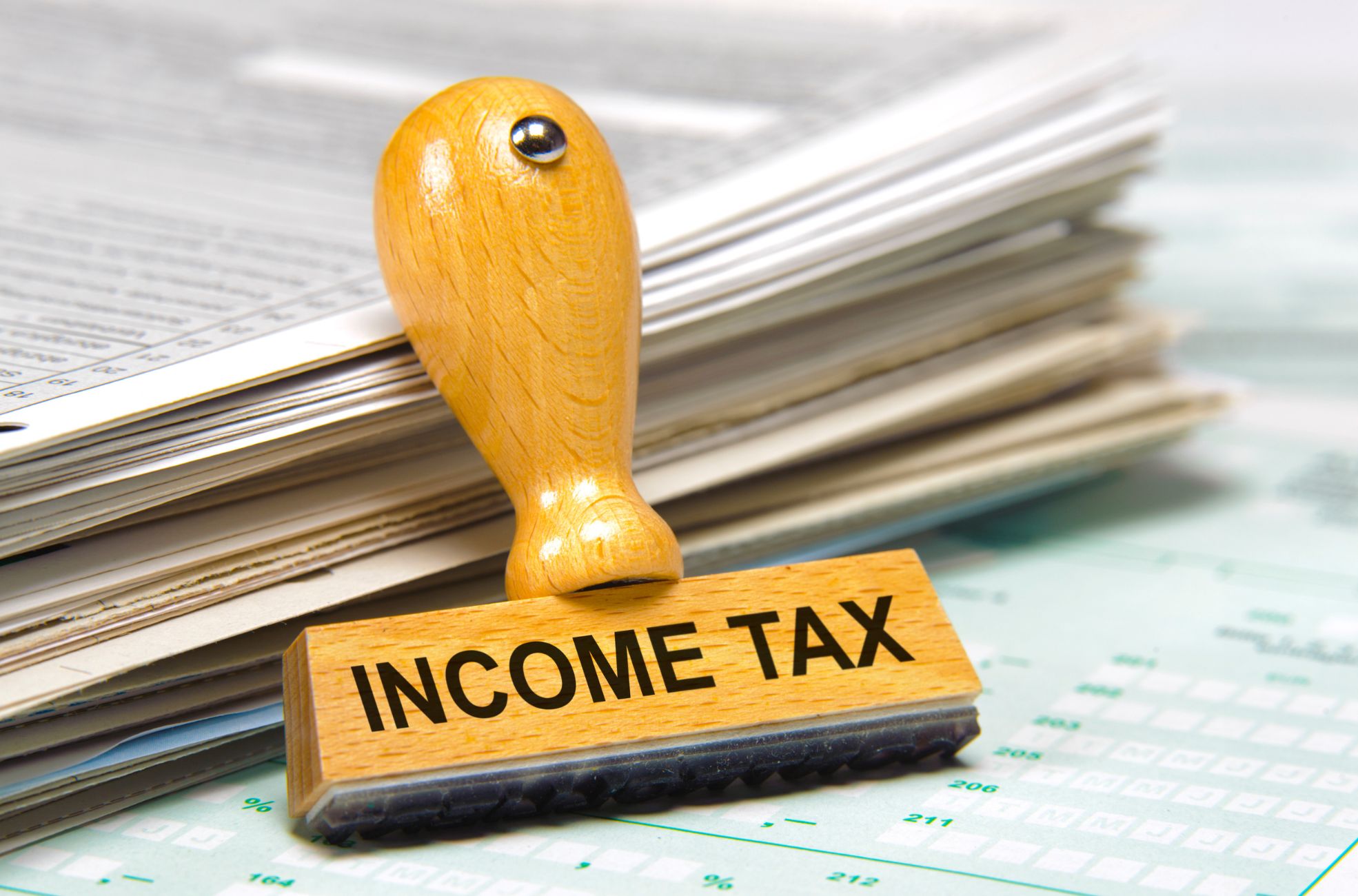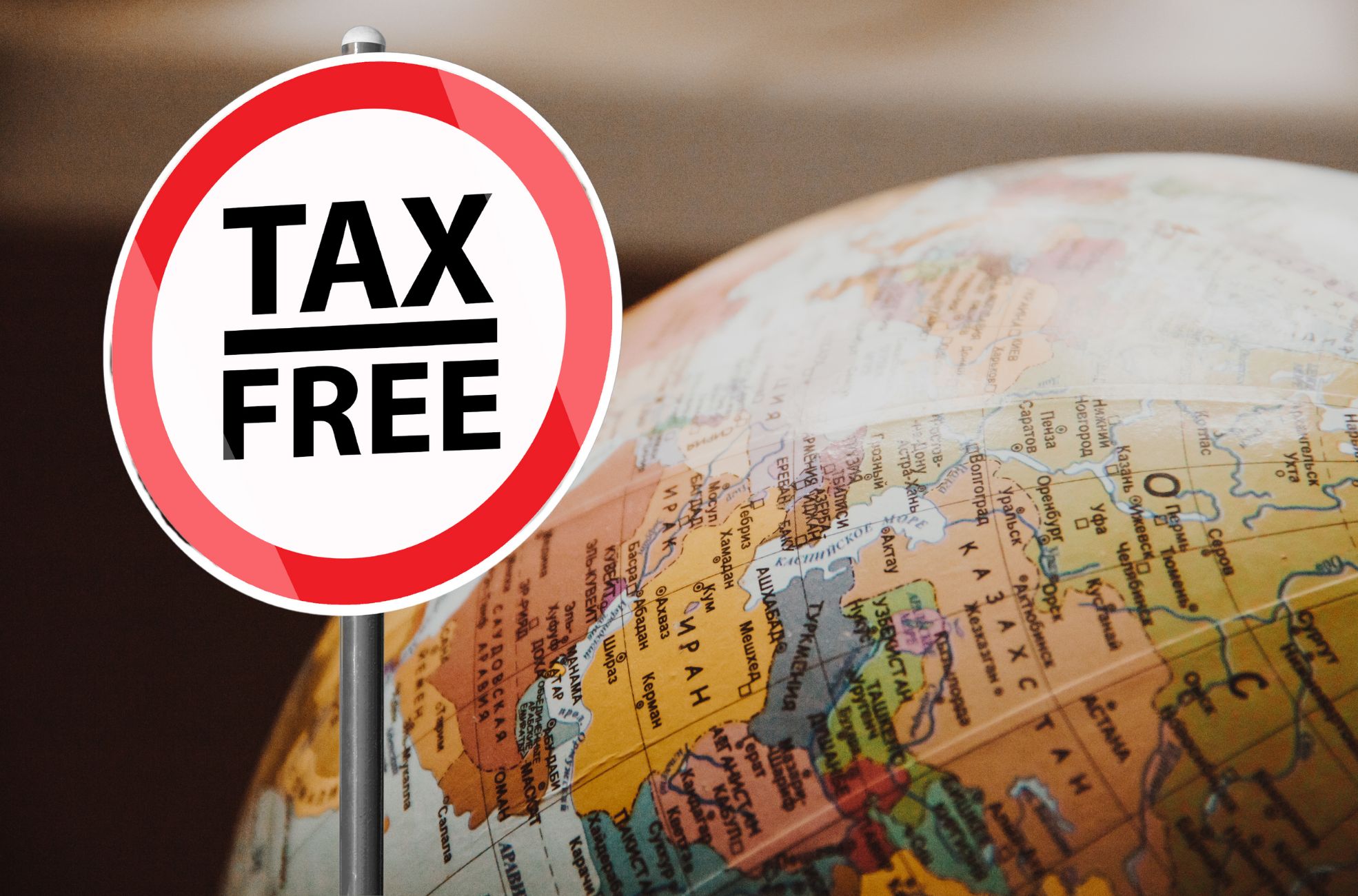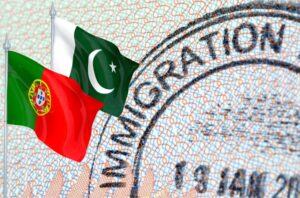Daydreaming about making the big move to a country that’s not only stunning, but also rewards you with zero income tax? We get it – who wouldn’t want to boost their income while lowering their tax obligations? So, have you ever heard of tax-free countries?
Brace yourself for an exciting journey as we introduce you to a range of countries worldwide that have ditched the income tax scene altogether.
In this article, we’ll explore the magic of tax-free countries and their alternative revenue streams that keep their economies flourishing. Plus, we’ll help you distinguish between low-tax and no-tax countries, ensuring you find the perfect tax environment that aligns with your financial goals.
Whether you’re an expat, entrepreneur, or investor, our insights will guide you to navigate the tax-free landscape, empowering you to make informed decisions.
Embracing Tax-Free Countries: An Expat’s Guide
We live in a globalized world where many individuals have the opportunity to live and work in different countries throughout their lives. One of the most attractive aspects of living abroad can be the prospect of enjoying a tax-friendly environment. In fact, there are 23 countries in the world today that do not charge their citizens or residents any income taxes at all.
These tax-free countries can be particularly appealing to expats, entrepreneurs, and investors who are looking to maximize their income and minimize their tax liabilities.
How Can a Country Have No Income Tax?
It might seem surprising that a country can function without collecting income taxes from its citizens and residents of other countries. Yet, tax-free countries typically generate revenue through other means, such as tourism, natural resources (like oil and gas), and financial services.
They also focus on attracting foreign investments that can help boost their economy and create jobs. Some popular tax-free countries in 2023 include the Bahamas, British Virgin Islands, Turks and Caicos, United Arab Emirates, Cayman Islands, Bermuda, Saint Kitts and Nevis, Maldives, Monaco, Brunei, Bahrain, Kuwait, Oman, Qatar, Saudi Arabia, Somalia, Vanuatu, and Western Sahara.
By offering a tax-free environment, these countries can lure talented professionals, entrepreneurs, and investors who might otherwise choose to live and work elsewhere. The influx of foreign capital can help to stimulate economic growth, create employment opportunities, and raise the overall standard of living in these countries.

Low Taxes VS. No Taxes
It’s important to distinguish between countries that have low-income tax rates and those that have no taxes at all. Some countries, like Andorra, offer very low-income tax rates, making them attractive options for those seeking a tax-friendly environment.
While low-tax countries can still provide significant savings on personal income taxes compared with high-tax jurisdictions, they may not offer the complete tax freedom that is available to tax residents in a truly tax-free country.
Furthermore, those considering a Citizenship By Investment (CBI) should be aware of the tax implications of their chosen country. It’s essential to research and understand the tax system in each country to assess whether it aligns with your financial goals and preferences.
It’s essential to understand the difference between low-tax and no-tax jurisdictions and to carefully consider the tax implications of living and working in these countries.
List of Top Tax-Free Countries for Expats in 2023
Whether you’re looking for a new adventure, a better quality of life, or a way to reduce your tax bill, the world is full of countries that offer tax-free living. In this section, we will explore some of the top tax-free countries for expats in 2023, and discuss their benefits and residency requirements.
United Arab Emirates (UAE)
The United Arab Emirates (UAE) is a stunning and straightforward country for tax-free living. With 0% personal income tax and a 5% VAT (that likely doesn’t apply to expats with passive income), the UAE is an attractive destination for those looking to minimize their corporate tax burden. Dubai, in particular, is the main city and wealth hub in the UAE. A residency permit can be obtained in as little as 30 to 45 days by either creating a local company or purchasing real estate worth over USD $200,000.
Bahamas
The Bahamas is another top tax-free country with no taxes on income or capital gains. Residency can be obtained through an annual fee or property purchase. The Bahamas offers a beautiful island lifestyle and is relatively close to the United States, Canada, and Mexico, making it an appealing destination for North American expats. To qualify for the residency by investment program, you must hold your investment for at least ten years and be prepared to invest a significant sum of money, typically between USD $500,000 and USD $1.5 million.
Bahrain
Located in the Gulf region, Bahrain is an attractive country with no personal income tax. Residency can be obtained through property purchase or monthly income requirements. With a high standard of living and the ability to live tax-free, Bahrain is an appealing destination for expats.
Saint Kitts and Nevis
Saint Kitts and Nevis is a beautiful dual-island Caribbean nation with no income tax for residents. Through a USD $125,000 donation or USD $200,000 investment in real estate, you can obtain citizenship and a passport. This makes it an excellent option for cryptocurrency investors and those seeking a slower, island lifestyle. You can learn more about obtaining Citizenship By Investment (CBI) in Saint Kitts and Nevis on our website.
Vanuatu
Vanuatu is a Pacific island nation with no income tax. Residency is offered through land purchase or retirement without paying income tax. Although it’s a lesser-known destination, it’s an attractive option for those seeking a tax-free life in a beautiful island setting. You can learn more about obtaining a CBI in Vanuatu on our website.
Monaco
Monaco, a European city-state, has no income tax. It does, however, require a significant investment in real estate and a bank deposit to obtain residency. Monaco attracts many wealthy Europeans and offers a luxurious lifestyle, but it’s important to note that the cost of living and property prices are among the highest in the world.
To qualify for residency, you’ll need to deposit at least €500,000 into a Monaco bank account and invest in real estate. While Monaco is not for everyone, it’s an excellent option for those with the means to enjoy the glamorous lifestyle it provides.
These top tax-free countries offer an opportunity for expats to live an incredible life while reducing their tax burden. In addition to the countries listed above, other tax-free destinations include the British Virgin Islands, Turks and Caicos, and the Cayman Islands.
It’s essential to research each country thoroughly and understand the specific residency requirements, potential challenges, and investment options available before committing to a new tax-free life. As always, we recommend consulting with an experienced professional to help guide you in selecting the best destination and investment strategy for your unique situation.

Factors to Consider When Choosing a Tax-Free Country
When considering relocating to a tax-free country, it’s essential to weigh various factors to ensure the land tax and destination aligns with your needs and preferences. Some countries with no income tax may not be suitable for everyone due to factors such as underdevelopment, limited amenities, or strict residency requirements.
Ease of integration
Ease of integration should be a priority when selecting a tax-free country. For example, Dubai and the UAE offer an attractive environment with 0% personal income tax and a straightforward residency and business incorporation process. This makes it an ideal option for those looking to escape complex and high tax systems in their home countries.
It’s important to consider if you can easily adapt to the local culture and access amenities that you require – as lifestyle is another crucial aspect when choosing a tax-free destination.
Your Income
The type of income you earn also plays a role in determining the suitability of a tax-free location. For crypto investors, online entrepreneurs, or those involved in capital gains investments, Dubai and Portugal are popular choices due to their friendly tax environments.
Portugal can be an excellent option for individuals who are willing to invest in the country. This option is especially popular amongst cryptocurrency investors who face a 0% tax rate on cryptocurrency income earned. Portugal also offers a residency program that can lead to citizenship after five years, providing more long-term options for those looking to relocate.
Real Estate
Lastly, it’s essential to consider real estate prices and the cost of living in your chosen tax-free country. While some destinations may boast low corporate taxes themselves, the cost of living might be unmanageable for some individuals.
Be sure to research the overall affordability and quality of life in your preferred tax haven or location before making a decision. By carefully considering these factors, you can make a well-informed choice when it comes to selecting the right tax-free country to call your new home.

Obtaining Residency in Tax-Free Countries
For those looking to maximize their wealth and minimize taxes, establishing residency in a tax-free country can be an attractive option. Many of these countries are also sought-after destinations for investment, retirement, and quality of life. Here, we’ll explore some popular tax-free countries, their residency requirements, and the investment programs available.
Investment Programs
Several tax-free countries offer residency or citizenship through investments. Some examples of best tax-free countries include:
- Bermuda: This British territory has no income tax but does have a payroll tax for employers. To qualify for residency, Bermuda requires an investment of at least USD$2.5 million.
- Cayman Islands: A popular tourist destination, the Cayman Islands requires an annual income of USD $150,000 from outside of the islands and an investment of at least USD$1.2 million in real estate or local companies for permanent residence.
- Saint Kitts and Nevis: This Caribbean nation offers a CBI program with a minimum investment of USD $125,000.
- Vanuatu: An island nation in the South Pacific, Vanuatu offers a CBI program with a minimum investment of USD $130,000.
- United Arab Emirates (UAE): The UAE offers a ten-year residency visa for an AED 2 million (USD $545,000) investment in Emirate real estate in the Freehold Zones.
Employment and Retirement Options
For those looking to work, retire, or simply enjoy life in a tax-free country, there are several countries with tax treaties and various pathways to residency:
- Monaco: A glamorous European country with no income tax, Monaco offers straightforward residency processes for wealthy expats and is a popular destination for the European elite.
- Qatar: A highly developed and wealthy country with no income tax, Qatar offers permanent residence to those who have lived in the country for over 20 years and have a good command of Arabic.
Investing in or relocating to a tax-free country can have significant financial benefits for individuals and enterprises alike. Obtaining residency in these tax liability less countries may prove to be a valuable move in preserving and growing your wealth.
Is a Tax-Free Country Right for You?
Balancing Lifestyle and Tax Benefits
Many people dream of living in a tax-free country, where they can enjoy a more financially rewarding lifestyle with the added benefit of minimizing tax obligations. While it may seem like a straightforward decision, it’s essential to consider other factors such as imposing income tax, before making a move.
A critical aspect of choosing to live in a tax-free country is striking a balance between the desired lifestyle and potential tax benefits. It’s important to research the cost of living, quality of life, and available amenities in your prospective destination. While you may save on taxes, living expenses and cultural differences may offset those savings.
Therefore, it’s crucial to weigh the pros and cons of a tax-free country against other factors that contribute to your overall happiness and well-being.
U.S. Expats and Tax Obligations
It’s important to note that U.S. citizens are still obligated to file and pay U.S. income taxes, even if they live in a tax-free country. This is because the United States taxes its citizens on their worldwide income. Renouncing citizenship can result in withholding tax or in an expatriation tax, which may not be a viable solution for many.
However, there are some tax benefits available to U.S. citizens living abroad. The Foreign Earned Income Exclusion (FEIE) allows qualifying individuals to exclude a certain amount of their foreign income from being taxed on their U.S. tax return. This can potentially result in significant tax savings for individuals who reside in tax-free countries.
Deciding to live in a tax-free country comes with its own set of unique challenges and considerations. It’s important to balance the potential tax benefits with other factors that contribute to your overall happiness and well-being.
Additionally, U.S. citizens must consider their ongoing tax obligations, and pay taxes, even when living abroad. Thorough research and professional advice can ensure a smooth transition and help you make the best decision for your unique financial and personal needs.
Final Thoughts
In conclusion, the allure of a tax-free country is undeniably appealing, offering expats, entrepreneurs, and investors a unique opportunity to reduce their tax liabilities while enjoying a different lifestyle. With numerous tax-free countries worldwide, there are various options to suit different preferences and financial goals.
Considerations such as ease of integration, type of who pays income taxes, real estate prices, and residency requirements should be carefully weighed before making the decision to settle in a tax-free haven.
Although the benefits of living in a tax-free country may seem overwhelmingly positive, it’s important to strike a balance between the tax advantages and other factors that contribute to your overall happiness and well-being.





